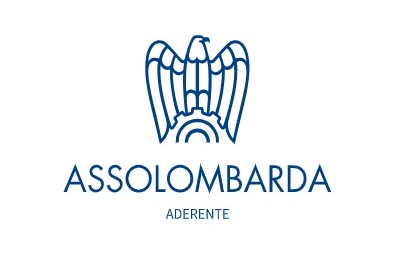Uganda and the Democratic Republic of Congo: terrorist attack underlines insecurity
On Friday, 16 June, terrorists attacked a private boarding school compound in Uganda’s southwest, near the border with the Democratic Republic of Congo, leaving 37 school students dead and raising fears of resurgent militant activity in a historically restive region.
This was the deadliest terrorist act in Uganda in many years. The assailants shot the school’s guard before entering the dormitories, attacking students with machetes and throwing firebombs. Then, the assailants fled into the Congo forests.
Senegal: violence due to political situation
Over the past two weeks, at least 16 people were killed, 350 were injured and more than 500 were arrested, during days of protests following the sentencing of popular opposition leader Ousmane Sonko. The use of firearms by security forces during protests sets a negative precedent for Senegal.
Sonko’s supporters say that the verdict was politically motivated as the leader is challenging President Macky Sall’s government in upcoming elections (February 2024). In the wake of the protests, the UNO has noted that restrictions on freedom of expression and peaceful assembly have become more common.
Mali: constitutional referendum and withdrawal of UNO forces
On Sunday, 18 June, Mali held a constitutional referendum that the ruling military government has portrayed as a fundamental step toward returning to civilian rule. However, the final results, expected to be announced on Monday 19, were postponed to Wednesday 20 June. Still, it remains uncertain if they will come through promptly. The delay was driven by violence against electoral authorities. Indeed, multiple reports showed electoral officials were abducted and pictures showed closed polling stations. Over the past years, the country has faced violence by militant groups linked to al Qaeda and the Islamic State, as well as by Russia’s paramilitary Wagner Group, which the Malian junta has repeatedly relied on for support.
The constitutional referendum itself, and its postponed results, highlight the hardly predictable political future of the country in the coming years. Under the new constitution, ruling military leader Col. Assimi Goïta would have greater authority over the prime minister and cabinet while the military would retain control over law enforcement and judicial proceedings. But, an independent court of auditors to oversee spending would also be established. Opponents of the referendum continue to argue that the new draft would expand the president’s and military junta’s power at parliament’s expense ahead of the February 2024 Presidential elections.
Worryingly, on Friday, 16 June Mali’s military demanded that the UNO peacekeeping mission leave the country. This has come after the UNO released a report in May criticising the security policies of the Malian military.





